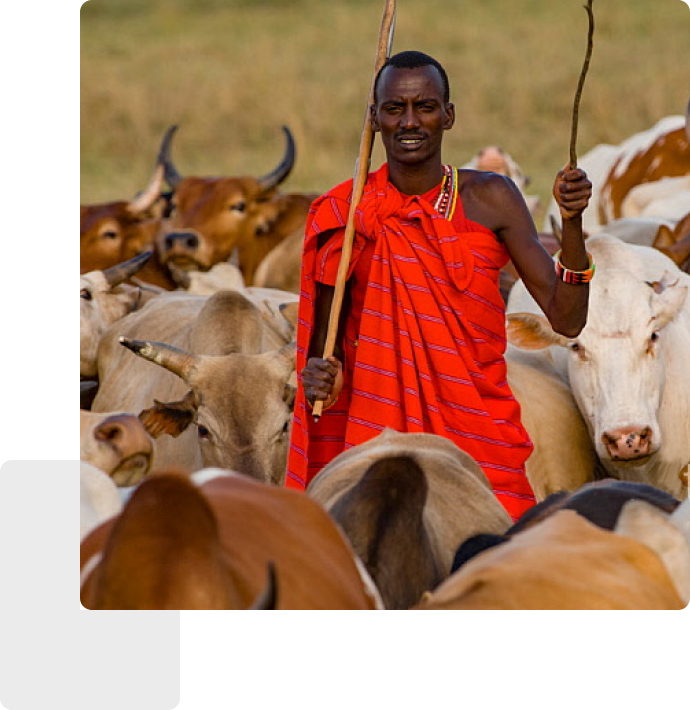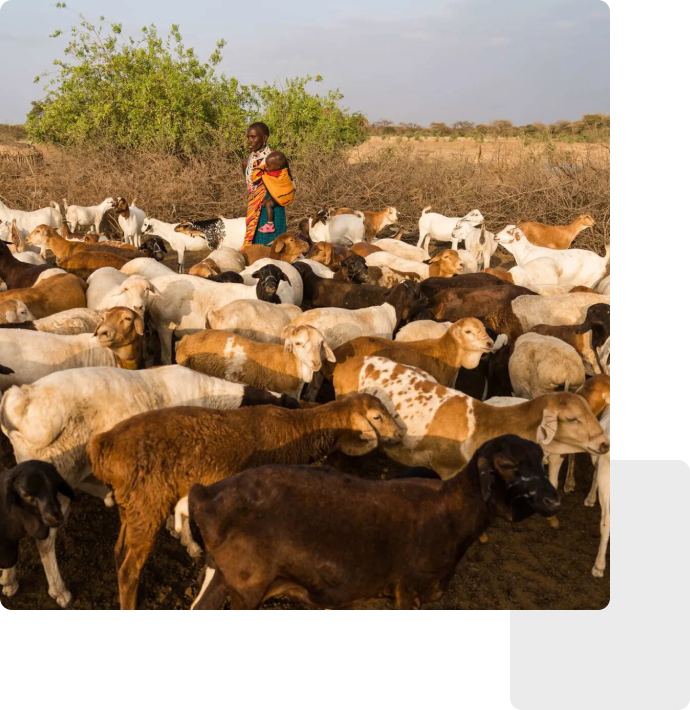Forest Preservation
The plan places a strong emphasis to boost security measures within the conservancy to mitigate threats and conflicts, ensuring a safe environment for both wildlife and communities. Importantly, the plan's development has been informed by a detailed consultation process that prioritizes stakeholder engagement, acknowledging the invaluable insights and perspectives of diverse stakeholders. The envisioned benefits of the plan extend beyond the immediate stakeholders to encompass the well-being of wildlife, the prosperity of Local communities, and the legacy for future generations, aligning with MBC’s commitment to sustainable conservation and holistic well-being.


Wildlife Conservation
Conduct comprehensive surveys and assessments of the conservancy's habitats.
Develop and implement awareness campaigns about the conservancy and its wildlife.
Develop and implement sustainable land management practices livestock grazing and erosion control.
Implement targeted habitat restoration to reduce the spread of invasive species by 25%
Integrate climate change resilience strategies into conservation planning for the benefit of wildlife.
Creation of Livelihood
Collaborate with cultural institutions to support cultural and livelihood initiatives within MBC
Engage youth in cultural preservation activities through educational programs & internships.
Establish a scholarship fund to support the education in conservation careers for conservancy members.
Invest in cultural tourism programs to showcase conservancy's rich heritage and biodiversity.
Promote sustainable livelihoods through training and support for nature-based enterprises (NBE).


Livestock Management
Develop and implement strategies to mitigate conflicts between livestock and wildlife
Engage the communities in livestock management that empower them to adopt sustainable practices
Implement grazing management plans to minimize overgrazing, soil erosion, and habitat degradation.
Improve livestock health and welfare through regular veterinary services.
Provide training on sustainable grazing, range management, and husbandry skills.
Water Access Improvement
Conduct a comprehensive assessment of existing water sources within the MBC. Improve access to clean water sources and sanitation facilities to prevent waterborne diseases.
Promote water conservation measures such as rainwater harvesting among the local
communities.
Construct/repair water infrastructure to ensure reliable water access to wildlife and local communities.
Engage and collaborate with local communities to implement sustainable water management practices
